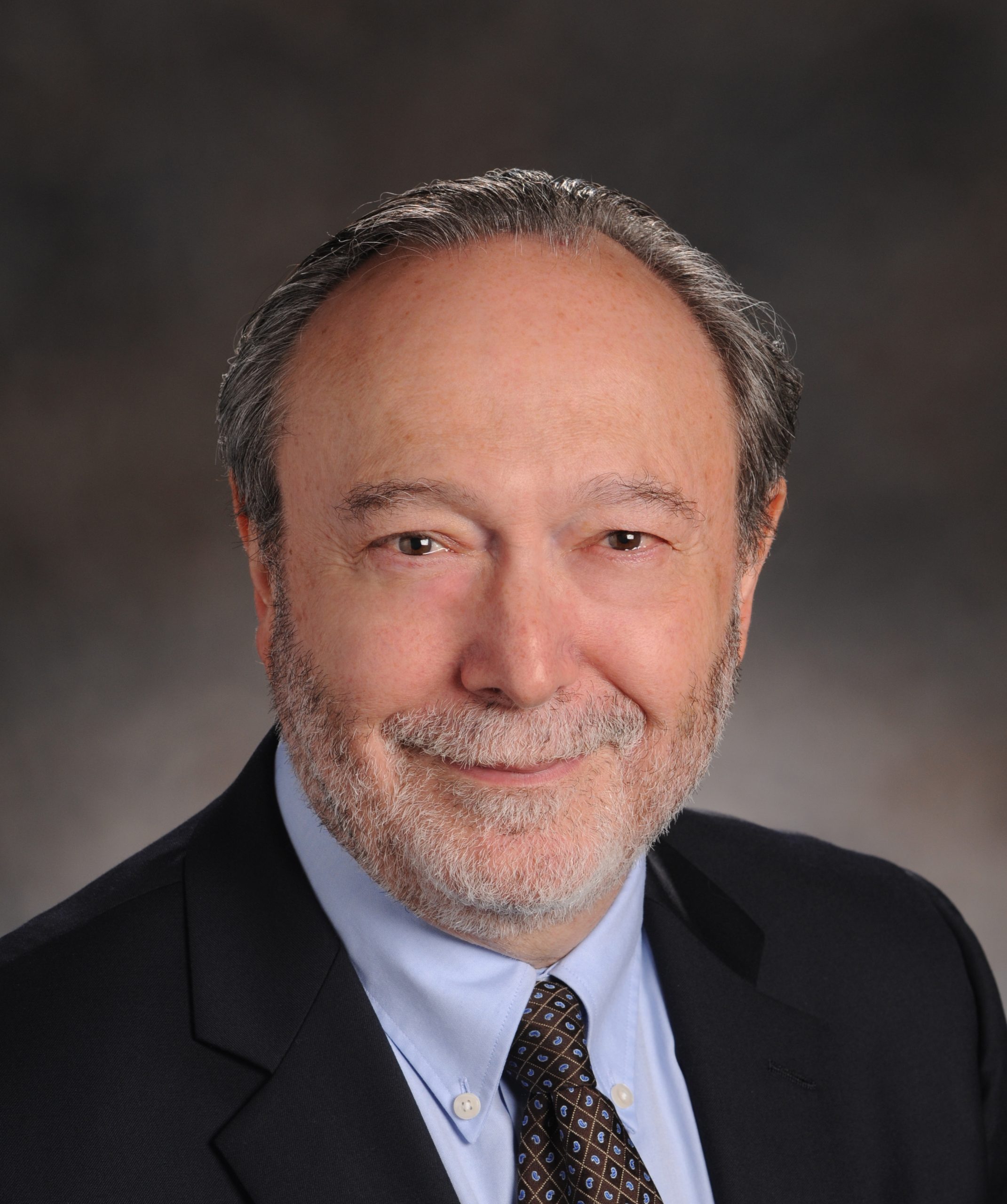What Is The Importance Of Polyvagal Theory For Mental Health? | Polyvagal Theory
Audio only version
Show Description
Professor Stephen Porges’ Polyvagal Theory shows how the state of our nervous system determines our mental (and physical) health.
He proposes a new paradigm in which mental illness is the result of our bodies’ reaction to a prolonged experience of threat, provoking a biochemical cascade which reduces our capacity for health, growth and repair.
He urges us to listen to our bodies as much as we listen to our minds, and to build more nervous-system informed relationships and institutions, for better mental health for all.
In this interview you will learn:
- that in the polyvagal theory, mental health “disorders” such as depression, anxiety, ADHD, autism, are actually physiological states driven by the state of our nervous system
- where the polyvagal theory fits in with integrative mental health and functional medicine psychiatry
- how the state of our nervous system impacts our vulnerability to biochemical stressors such as moulds, toxins and infections
- how we can optimise health, growth and repair by harnessing the power of feeling safe, improving our vagal tone and heart rate variability
- how social isolation due to lockdown is antithetical to the social engagement which helps regulate our threat response, and therefore can weaken our immune system
- why stillness can feel threatening to our nervous system
- how the vagus nerve mediates the gut-brain connection, communicating cues of danger and safety between the two
- how to become better parents, partners, colleagues and citizens with a better regulated nervous system
About Professor Stephen Porges

Stephen W. Porges, Ph.D. is Distinguished University Scientist at Indiana University where he is the founding director of the Traumatic Stress Research Consortium. He is Professor of Psychiatry at the University of North Carolina, and Professor Emeritus at both the University of Illinois at Chicago and the University of Maryland. He served as president of the Society for Psychophysiological Research and the Federation of Associations in Behavioral & Brain Sciences and is a former recipient of a National Institute of Mental Health Research Scientist Development Award. He has published more than 350 peer‐reviewed scientific papers across several disciplines that have been cited in more than 38,000 peer-reviewed papers. He holds several patents involved in monitoring and regulating autonomic state.
He is the originator of the Polyvagal Theory, a theory that emphasizes the importance of physiological state in the expression of behavioral, mental, and health problems related to traumatic experiences. He is the author of The Polyvagal Theory: Neurophysiological foundations of Emotions, Attachment, Communication, and Self-regulation (Norton, 2011), The Pocket Guide to the Polyvagal Theory: The Transformative Power of Feeling Safe, (Norton, 2017) and co-editor of Clinical Applications of the Polyvagal Theory: The Emergence of Polyvagal-Informed Therapies (Norton, 2018). He is the creator of a music-based intervention, the Safe and Sound Protocol ™ , which currently is used by more than 1500 therapists to improve spontaneous social engagement, to reduce hearing sensitivities, and to improve language processing, state regulation, and spontaneous social engagement.
Show Notes
Connect with Professor Stephen Porges:
Publications:

